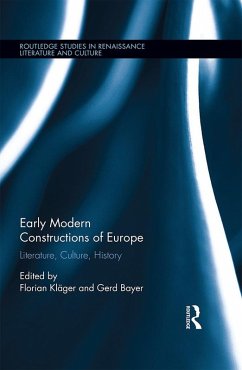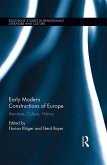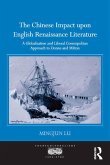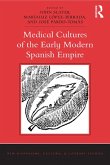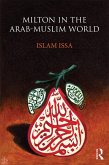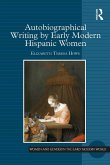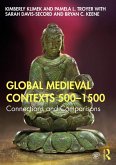This book examines the pre-history of the idea of Europe, asking how and why Europe was imagined, from both within and without, between 1450 and 1750. It discusses 'European-ness' as the product of dynamic processes of identification involving factors such as literary genres, classical antiquity, language, religion, politics, and geography. Studying the role of tradition and lived experience of early modern Europe, it also identifies anticipatory elements in the construction of European-ness that may remain effective today. Essays consider early modern plays, poems, and narrative fiction, as well as cartography, historiography, iconography, travelogues, periodicals, and political polemics.
Dieser Download kann aus rechtlichen Gründen nur mit Rechnungsadresse in A, B, BG, CY, CZ, D, DK, EW, E, FIN, F, GR, HR, H, IRL, I, LT, L, LR, M, NL, PL, P, R, S, SLO, SK ausgeliefert werden.

